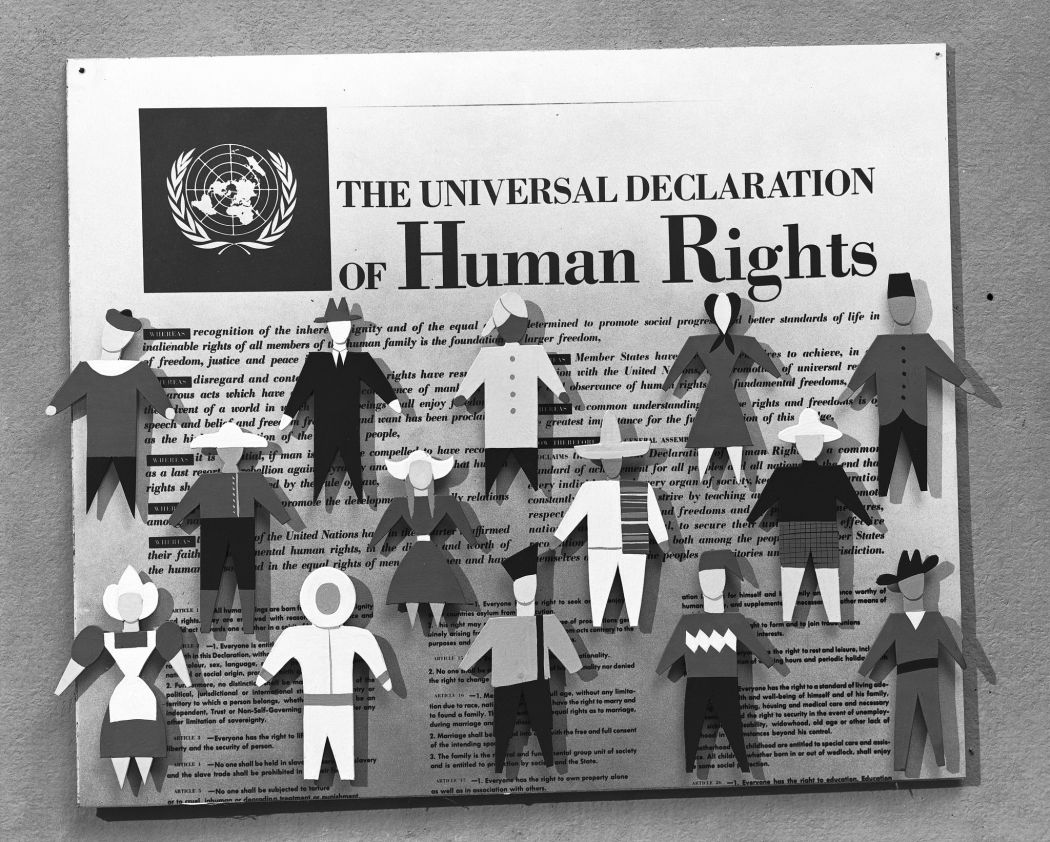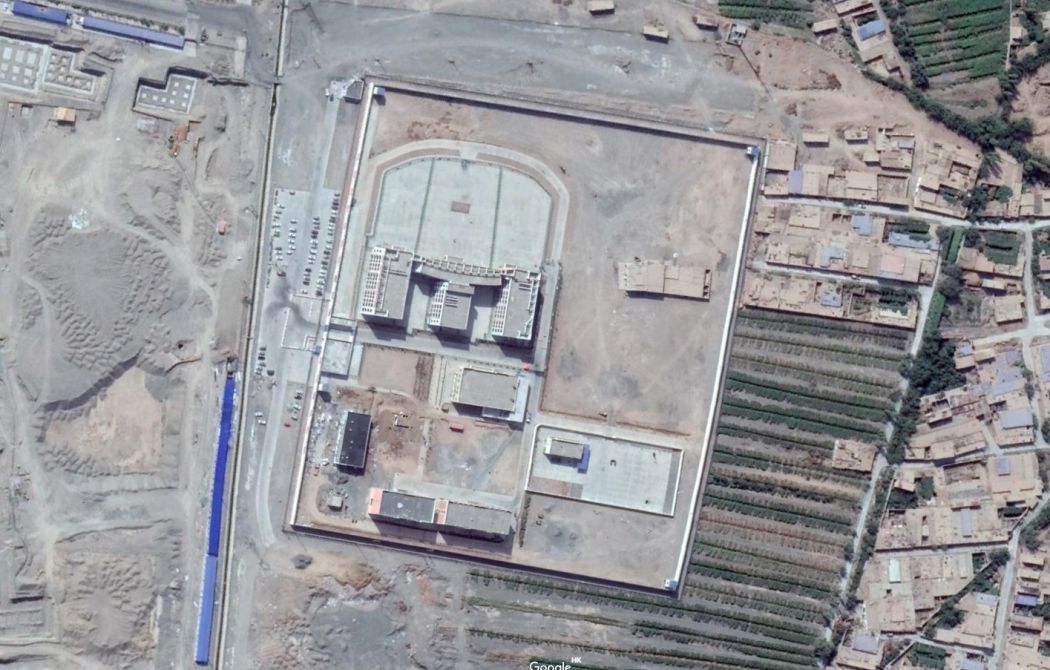By Louisa Greve, Director of External Affairs, Uyghur Human Rights Project
Monday marks 70 years since the adoption of the Universal Declaration of Human Rights. Drafted in the wake of the atrocities of WWII, its 30 articles constitute governments’ explicit pledge to prevent a repetition of the crimes against humanity of the 1930s and 40s.
Advocates for the Uyghur victims of ongoing crimes against humanity in China are finding reason for hope this December 10, as Australia and the European Union have now joined the U.K., U.S., Canada, Estonia, Latvia and Lithuania in tabling Global Magnitsky legislation. These laws provide for targeted sanctions against perpetrators of gross human rights abuses, imposing consequences for past crimes and deterrence of future crimes.

Magnitsky sanctions will mean Australia barring human rights abusers from buying property in the Gold Coast. The UK will be able to bar perpetrators from accessing their City brokerage accounts. EU countries will give expression to their democratic values by denying visas to officials responsible for severe abuses.
This renewed commitment to core principles comes at the 11th hour for Uyghurs. While many governments have come to expect a free pass on human rights abuse, the Chinese Communist Party is among those flouting international norms with greatest confidence. Nothing more clearly illustrates the trampling of civilized values than the rounding up of Uyghurs into modern-day concentration camps.
It is now 20 months since the Xinjiang government launched its wholesale lockup of huge numbers of innocent people. In Congressional testimony last week, U.S. State Department representative Scott Busby provided an official government estimate of at least 800,000, and possibly more than 2 million Uyghurs and other Turkic Muslims now in indefinite detention.

Uyghurs from all classes of society have been swept up into the camps: farmers, college professors, wealthy businessmen, musicians, housewives. Old and young, men and women, from every village and city, no one is safe. The authorities are doubling down on efforts to eliminate the Uyghur language and faith.
Official policy systematically separates children from their parents. When parents are dragged away into the camps, their children are sent to state-controlled orphanages. Many of these children will likely never see their parents again.
Reports of deaths in detention are reaching alarming ratios. One of the very few camp inmates who has survived and escaped China to tell her story, Mihrigul Tursun, witnessed the deaths of nine women out of the 68 in her cell over a three-month period.

A million Communist Party officials have been mobilised to stay overnight in Uyghur households to monitor their behaviour and report back on who should be detained for displaying signs of “extremism,” such as praying.
What is the government’s goal? It is impossible to reach any other conclusion than a decision to eliminate the Uyghur ethno-national identity and the Uyghurs’ existence as a distinct ethnic group.
The global outcry is growing. A worldwide scholars’ statement condemns the camps and calls for immediate government action. Launched on November 26 with 288 signatures, it is now backed by an extraordinary roster of over 600 academics.
Democratic governments are recognizing the imperative to act, as the evidence mounts that China is reenacting crimes that resemble the darkest chapters of the 20th Century. This December also marks the 70th anniversary of the signing of the Convention on the Prevention and Punishment of the Crime of Genocide, which it defines as acts intended to destroy a national, ethnical, racial or religious group, including through killing or causing serious bodily or mental harm to members of the group, inflicting conditions of life calculated to bring about its physical destruction in whole or in part, and imposing restrictions on births or forcibly transferring children of the group to another group.

The Chinese government’s current repression of the Uyghurs meets these criteria. It is past time to end business as usual. Inaction signals indifference not only to the fate of the Uyghur people but to the survival of democratic values in the 21st century.
As the Universal Declaration noted 70 years ago, “recognition of the inherent dignity and of the equal and inalienable rights of all members of the human family is the foundation of freedom, justice and peace in the world.” The Chinese Communist Party, in its treatment of the Uyghurs, is actively shaking that foundation.
